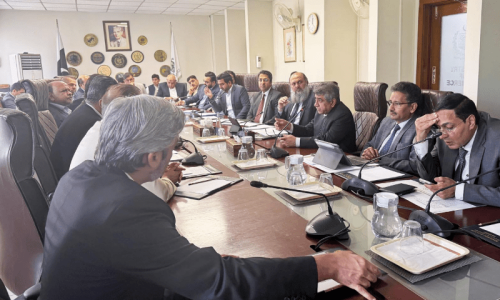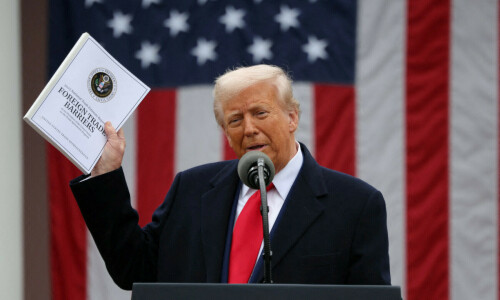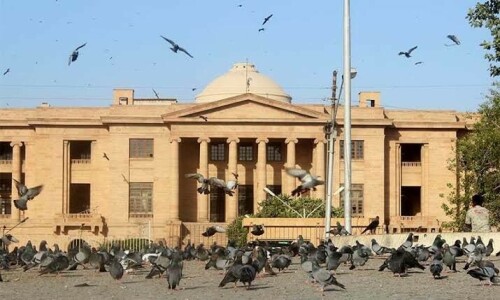
A PIECE of legislation that United States President Joe Biden signed into law recently (April 24) is likely to have profound long-term consequences in the international arena, especially with respect to the conflict between Russia and Ukraine. The Rebuilding Economic Prosperity and Opportunity for Ukrainians (REPO) Act provides a legal framework for the transfer of Russian state assets in the US to Ukraine as compensation for the damage caused by Moscow’s aggression.
Essentially, it grants the US president authority to seize Russian assets, which is a drastic measure that goes beyond the previous freezing of assets in February 2022. The seized funds, totalling $5 billion, will be directed towards the Ukraine Support Fund. Such confiscation of assets echoes actions taken by the US during World War I against the German Empire, marking a significant escalation in financial warfare.
The unprecedented seizure of assets from the Russian Central Bank is unparalleled, and may undermine trust in the US treasury market. This could prompt countries with surplus accounts to reconsider investing in US treasuries, especially if they oppose the US foreign policy. Such entities may opt for physical assets, like gold, as China has been doing for the last few years. Such actions could also reignite interest in alternative trading currencies, like those proposed by the likes of Brazil, Russia, India, China, South Africa and other countries that are part of the BRICS alliance, and then later form a reserve currency as a challenger to the dominance of US dollar.
The ramifications extend beyond the US, with approximately $229 billion of Russian funds held in European banks. Should Europe follow suit and seize these funds, Russia can surely retaliate by taking over assets belonging to Western companies operating within its borders. And there are many, mind you.
What implications can we draw from these developments? Are geopolitical tensions on the rise? In the words of renowned historian Professor Niall Ferguson, “war is inflationary”. If conflict tends to drive inflation, and there is a serious likelihood of further conflicts, how feasible are rate cuts?
While central banks around the world may choose to opt for short-term rate cuts, the prevailing trend suggests a fundamental shift towards higher interest rates as the global economy enters into the rather dreaded domain of stagflation.
Adil Hanif Godil
London, UK
Published in Dawn, May 4th, 2024













































